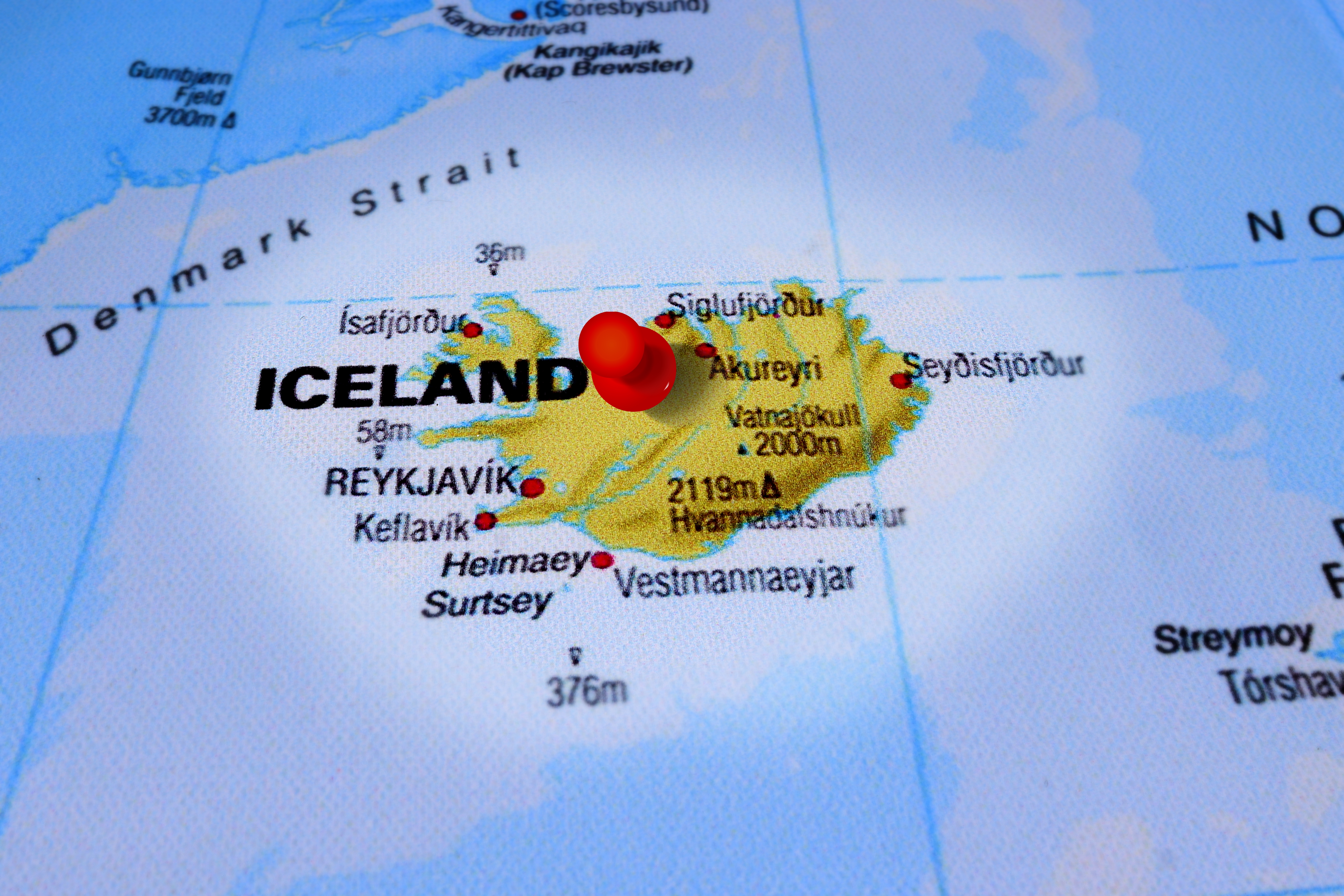The Organisation for Economic Co-operation and Development (OECD) has heaped praise on Iceland’s pension system, welcoming a relaxation of investment rules to allow pension funds to invest more in real estate.
The OECD Economic Survey of Iceland described Iceland’s pension system, which regularly comes out top in global pension surveys, as being “sustainable, well-funded and diversified, comprising means-tested pay-as-you-go state pensions, statutory private pension funds and tax-favoured individual savings”.
The design of its pension system means that public spending on pensions, as a share of gross domestic product (GDP), is currently the lowest in the OECD. The pension funds are also among the largest in the OECD as a share of GDP, accounting for over 40 per cent of total financial assets.
Regarding investments, the OECD noted a 2022 reform that allowed pension funds to gradually increase foreign currency asset holdings from below 50 per cent to up to 65 per cent, reducing their exposure to the country’s volatile economy and countering the negative impact of common ownership, something the Icelandic Competition Authority has raised as a concern.
The OECD explained: “A few large pension funds own sizeable holdings in a number of different companies within the retail trade sector (intra-industry common ownership). These institutional investors may have incentives to discourage competition, which could damage their portfolio value… According to the Icelandic Competition Authority, given the high degree of common ownership, which exceeds that of many other countries, potential adverse effects are likely more pronounced in Iceland,” the OECD explained.
It therefore advised the Competition Authority to investigate this issue further and take “appropriate actions”.
The report also noted that the share of housing and real estate in pension fund portfolios is much lower than in Canada, the Netherlands and Switzerland. However, the OECD welcomed parliamentary amendments made in June 2024 to the pension funds’ investment authorisations.
“This will foster investment in real estate, notably the rental housing market; help diversify the funds’ portfolio; and reduce mutual dependencies between banks and funds,” the report noted.
Most European countries are contending with ageing societies and increased pension spending, but for Iceland, that is not the case. Indeed, the OECD found that the private-funded pension system is “largely immune to ageing pressures” as it relies on defined benefits adjusted for each age cohort, ensuring overall system sustainability despite declining participation rates.
“The government also anticipates that the spending share of the state pension system will remain stable – and even decline from around 2035 – despite nearly doubling from 1.5 per cent to 3 per cent of GDP since 2010, partly due to a 2016-18 revision, negotiated in collective wage agreements and later legislated, that increased replacement rates” the OECD said.
Despite this, it suggested that it could be “prudent” to link the retirement age to life expectancy and allow for small incremental increases annually, as several other OECD countries are doing.
Latest News
-
Spanish pension plan assets rise by €916m in January
-
Black Arrow Group pension scheme completes £7m buy-in with PIC
-
Dutch pension funds report improved January funding positions
-
Finland’s Ilmarinen makes work ability management key part of sustainability work
-
UK's IBM pension scheme completes £700m buy-in with Standard Life
-
Sweden’s AP2 reports SEK 20.9bn profit amid AP6 merger
Podcast: Stepping up to the challenge

In the latest European Pensions podcast, Natalie Tuck talks to PensionsEurope chair, Jerry Moriarty, about his new role and the European pension policy agenda
Podcast: The benefits of private equity in pension fund portfolios

The outbreak of the Covid-19 pandemic, in which stock markets have seen increased volatility, combined with global low interest rates has led to alternative asset classes rising in popularity. Private equity is one of the top runners in this category, and for good reason.
In this podcast, Munich Private Equity Partners Managing Director, Christopher Bär, chats to European Pensions Editor, Natalie Tuck, about the benefits private equity investments can bring to pension fund portfolios and the best approach to take.
In this podcast, Munich Private Equity Partners Managing Director, Christopher Bär, chats to European Pensions Editor, Natalie Tuck, about the benefits private equity investments can bring to pension fund portfolios and the best approach to take.
Mitigating risk
BNP Paribas Asset Management’s head of pension solutions, Julien Halfon, discusses equity hedging with Laura Blows
© 2019 Perspective Publishing Privacy & Cookies







Recent Stories